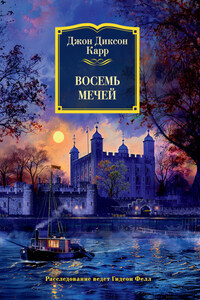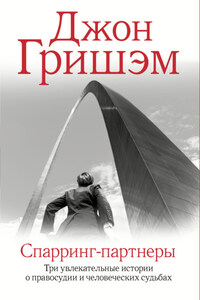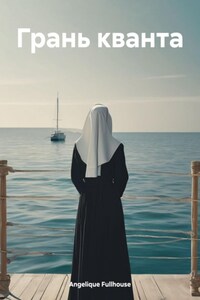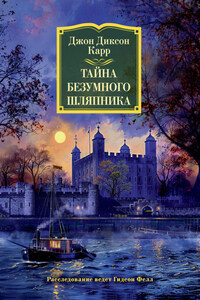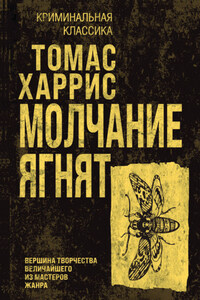For Volodia Shcherbatsevich, Masha Bruskina and Kiril Trous, murdered by the Nazis in Minsk, 26 October 1941
And also for Doug.
And what of the wolves, she’d say, the nine wolves that in the winter’s grey stone dawn would smash their bones against the door, hammering like hungry seals until the door splinters and the baby is got at–even from the cradle even from its precious sleep
And listen…there are men As bad as wolves who no door —no matter how solid the oak– will keep out.
From ‘My Mother’ by John Guzlowski
Later in the week, we were given orders to clear the area. That night, they firebombed the houses and left the streets burning. I watched as the work progressed. Towards midnight, a woman with a young child in her arms ran towards the gates. She was stopped by a policeman who seized the child, who was perhaps a year old, struck it against the wall then threw it into the flames. He shot the mother dead.
I very much wish to be home.
The light had faded as Helen worked. She looked up from the page she was studying, her eyes aching from the cramped script. The old library was dark, apart from the pool of yellow cast by the desk lamp on the table beside her. Something had distracted her. She lifted her head, listening. The silence closed around her, the smell of damp, the mustiness of old paper, the chill of the abandoned house. But she knew what she’d heard. It had been the click of the door closing.
There was someone else in the library.
She’d arrived at the old house later than she had planned. She thought she knew the route to the Derwent Valley–thirty minutes, maybe forty-five if the traffic was heavy. It took her less than thirty minutes to get to the far side of Glossop, the small commuter town on the edge of the Pennine hills. The sun was touching the horizon as she reached the top of the Snake Pass and dropped down into the valley at the other side. Last summer, she and Daniel had brought the children out here. They’d flown the kite that Finn, just eleven, had designed and made. ‘Chip off the old block,’ Daniel had said, proud for once of his studious son.
The road swept round and the valley opened up in front of her. Ladybower Dam lay ahead, the hills reflected in its black mirror. The road wound away to the east under the shadow of trees, the heather moors stretching away beyond. She turned off into the wooded depths of the Derwent valley. The road was narrower here, and her car bumped over the rough surface. The sky had clouded over, and rain began to spatter across the windscreen. The trees closed around her and the road was just the arcs of her headlights in the shadows–ruts and potholes, and a rabbit frozen for a moment in the brightness.
She checked the piece of paper on the seat next to her. The house was about two miles along this road, round the head of the dam. She was driving deeper into the forest and she peered through the windscreen as the car bumped and lurched.
The road turned, and she had to negotiate a gate with a red sign: PRIVATE ROAD, NO ENTRY EXCEPT FOR ACCESS. To her left, silhouetted against the evening sky, she could see the towers of the dam wall above the trees, turreted and massive. Ahead, the road became a track, shadowed by the still, dark trees.
She slowed down more, trying to pick out landmarks. She passed stone gateposts, a high wall, another gate that opened on to a muddy drive, then she was back into the wild. Past the houses, the directions said. Another half-mile up the valley. It was hard to gauge the distances when she was driving so slowly.
Her headlights picked out the incongruous homely red of a letter box, and then she saw gates to her left. She stopped and leaned across, trying to read the lettering carved into the stone posts. OLD HALL. She’d made it. She negotiated the turn. The drive bent sharply back and ran steeply up between the trees. And then she was clear of them, and she saw the house for the first time.
It was massive against the darkening sky. The blank windows stared back at her. The stone was patchy with white lichen, and stained where water had run down from the broken gutters and fall pipes. This wasn’t a house that was loved. Or one that loved. The thought jumped into her mind, startling her.
The rain was a fine drizzle that chilled her skin and seeped through the protective covering of her coat. The door was solid wood, sheltered by a stone canopy. The bell push looked old. She pressed it without much expectation and waited. Nothing happened. She’d thought there would be something more…official? More organized. She tried the bell again, then hammered on the wood. Come on. Come on. Water dripped on to the stone, splashing her feet.

